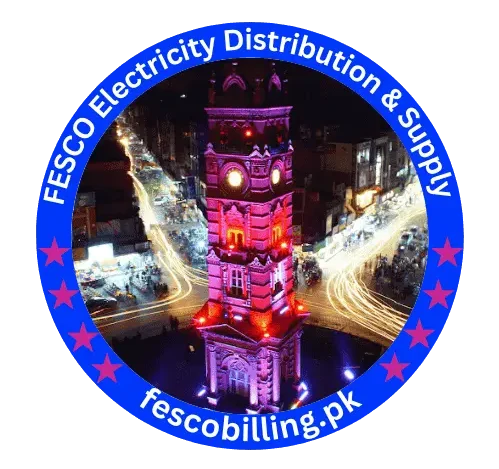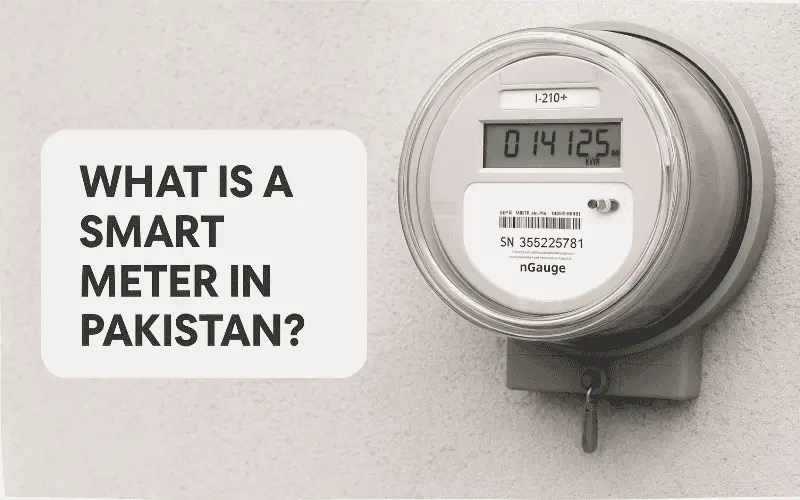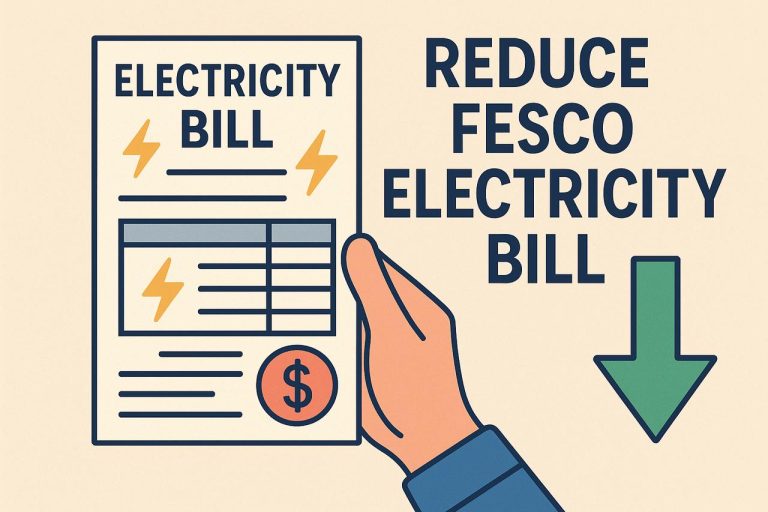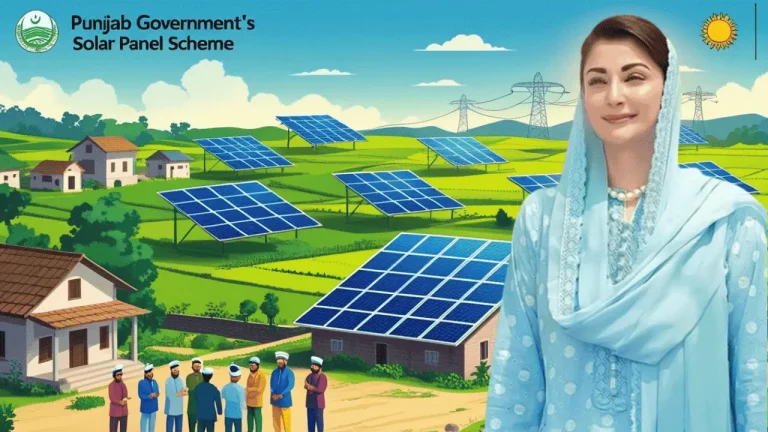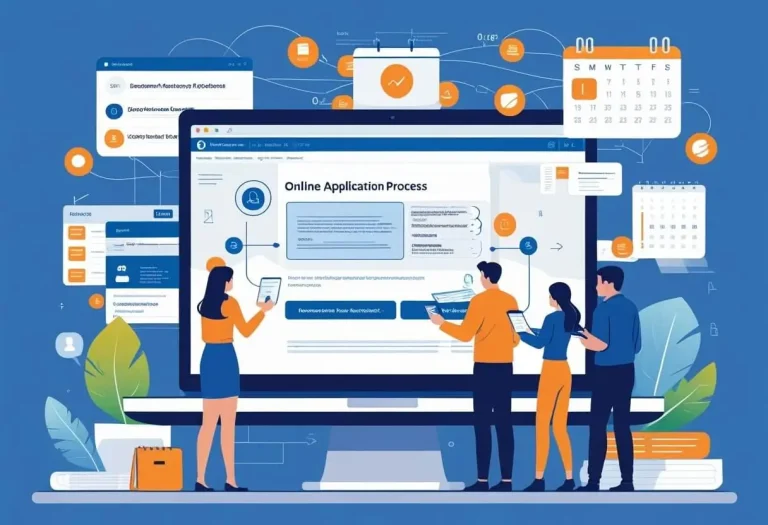Smart Meters in Pakistan: A Smarter Way to Save Energy and Control Your Bills
Electricity bills are one of the biggest household concerns in Pakistan. For years, consumers have been dependent on traditional meters that often lead to estimated readings, billing disputes, or a lack of awareness about actual electricity usage. This is where smart meters come in — a modern solution that gives you more control, transparency, and accuracy when it comes to managing your electricity consumption.
Smart meters are slowly becoming a part of Pakistan’s energy landscape, and they have the potential to completely transform how households and businesses monitor their electricity usage. In this article, we’ll break down what a smart meter is, why it matters, its benefits for consumers, and the future of smart metering in Pakistan.
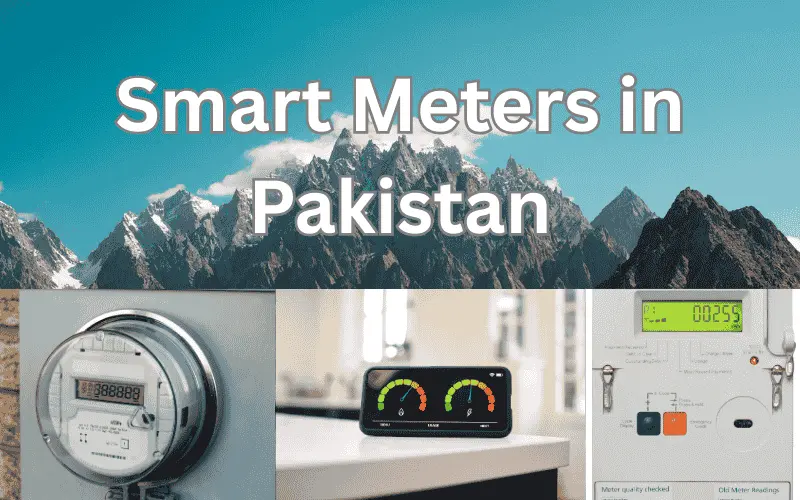
What is a Smart Meter?
A smart meter is a digital device that records your electricity consumption in real-time and automatically sends the data to your electricity distribution company (like FESCO, MEPCO, LESCO, or IESCO). Unlike the old analog meters, which required manual reading, a smart meter ensures accuracy and eliminates the chances of human error.
Smart meters don’t just measure how much electricity you’re using — they also allow both you and your power company to monitor usage patterns throughout the day. This two-way communication makes them far more reliable and consumer-friendly compared to traditional meters.
Benefits of Smart Meters for Consumers
Accurate Billing
One of the biggest frustrations with traditional meters is estimated billing. With smart meters, you only pay for what you actually consume. No more “extra units” or disputes with your electricity provider.
Real-Time Usage Monitoring
Smart meters give you instant insights into your electricity usage. You can check which appliances consume the most energy and adjust your habits accordingly.
Better Control Over Energy Costs
By monitoring your usage, you can avoid unnecessary wastage and reduce your monthly bills. For example, if you notice higher consumption during peak hours, you can shift certain tasks (like ironing or laundry) to off-peak hours.
Reduced Electricity Theft
Electricity theft is a huge problem in Pakistan, and smart meters help reduce it by detecting irregularities in real-time. This ensures a fairer system for all paying customers.
Convenience
No need to wait for a meter reader or deal with wrong entries. Everything is automated, accurate, and transparent.
How Smart Meters Help Reduce Bills
Smart meters aren’t just about tracking numbers — they actually help you save money. Here’s how:
- Peak-hour awareness: Most consumers are unaware that electricity costs more during peak hours. These meters highlight when your consumption is highest so you can plan smarter.
- Daily tracking: Some smart meters allow you to check daily usage via mobile apps or web portals. This helps in adjusting your routine before the bill gets out of hand.
- Energy-saving habits: Seeing your usage in real-time naturally encourages you to save electricity by switching off unnecessary appliances.
For example, if your air conditioner is running longer than expected, the meter’s data will show the extra units consumed. By making small adjustments, you can cut down hundreds of rupees every month.
Smart Meters in Pakistan: Current Status
Pakistan’s power distribution companies (DISCOs) have already started introducing smart meters in certain areas. Cities like Lahore, Faisalabad, and Islamabad are witnessing pilot projects where these meters are replacing traditional ones.
- FESCO (Faisalabad Electric Supply Company) and MEPCO (Multan Electric Power Company) have taken initial steps to test digital meters.
- Government-backed energy reforms aim to expand smart metering across the country in phases.
- Over time, the shift to digital will make it easier for customers to monitor usage and for utilities to provide better services.
Challenges in Implementation
While smart meters have great potential, there are some challenges in Pakistan’s context:
- High cost: These meters are more expensive than traditional ones, and large-scale rollout requires heavy investment.
- Awareness: Many consumers are not familiar with how smart meters work or how to use them effectively.
- Infrastructure: Utilities need to upgrade their systems to support digital data collection and analysis.
Despite these hurdles, the long-term benefits outweigh the initial difficulties.
The Future of Smart Meters in Pakistan
As Pakistan continues to face energy shortages and rising electricity costs, modern meters are an important step toward efficiency and transparency. In the future, we can expect:
- Integration with mobile apps for real-time consumption updates.
- Dynamic billing systems where you can see your daily or weekly cost instead of waiting for the monthly bill.
- Better grid management by utility companies, reducing load-shedding and improving power distribution.
Smart meters are not just about convenience — they’re about building a sustainable and fair energy system for the country.
Final Thoughts
Smart meters are more than just a gadget; they are a step toward energy awareness and financial control. By allowing consumers to monitor real-time usage, avoid estimated billing, and save money through smarter habits, they bring transparency and trust back into the electricity system.
If you’re in an area where smart meters are being introduced, it’s worth embracing the change. Not only will you enjoy accurate billing, but you’ll also gain valuable insights into your household energy consumption.
And if you want to keep track of your electricity bills right now, you can easily check your FESCO bill online through fescobilling.pk without any hassle.
Smart meters may be the future, but smart consumers start today.
FAQs
What is a Smart Meter in Pakistan?
A smart meter is a digital electricity meter that records real-time power usage and automatically sends readings to the electricity company. Unlike traditional meters, it ensures accurate billing, prevents overcharging, and helps consumers monitor and reduce energy consumption.
